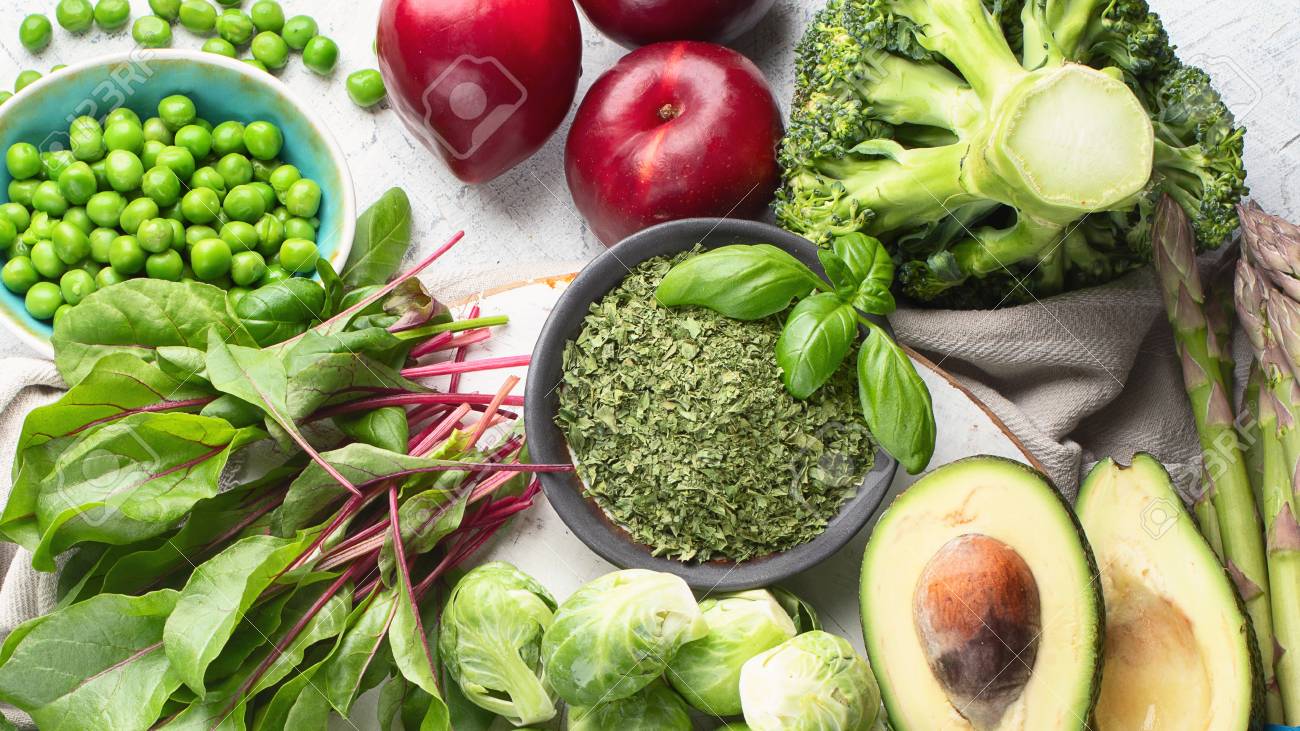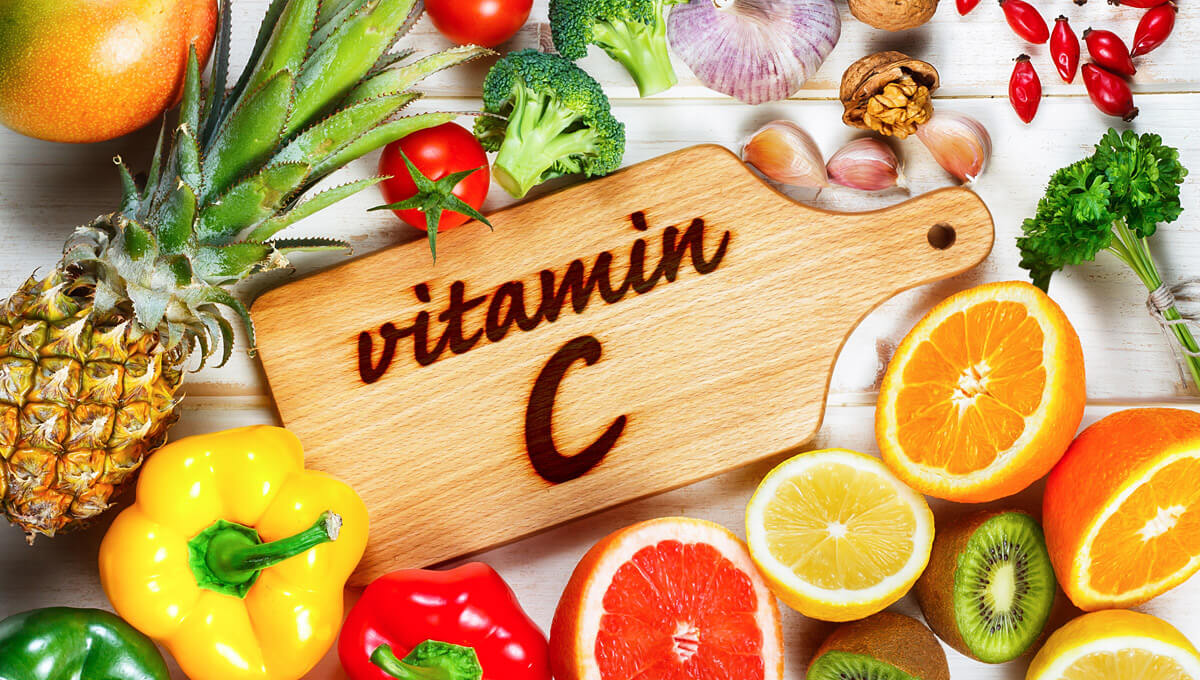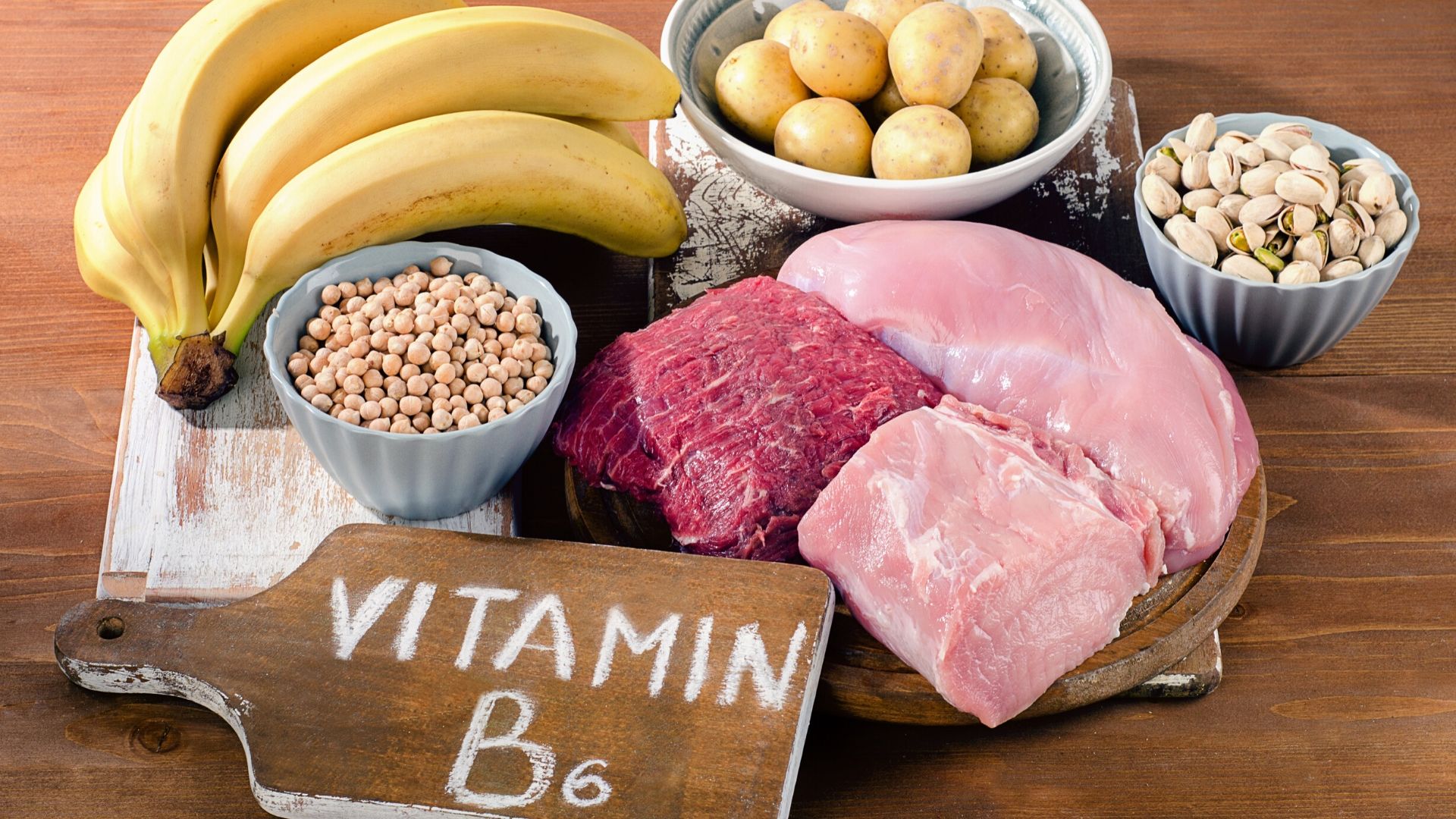Introduction to Vitamin K
Vitamin K is an essential nutrient that plays a crucial role in blood clotting and bone health. It exists in two primary forms: Vitamin K1 (phylloquinone) and Vitamin K2 (menaquinones). While K1 is found abundantly in leafy greens, K2 is synthesized by bacteria and found in fermented foods and animal products.
Importance of Vitamin K
Vitamin K is vital for:
- Blood Clotting: Helps in the production of proteins necessary for blood clotting.
- Bone Health: Supports bone mineralization and reduces the risk of fractures.
- Heart Health: May help in reducing the risk of heart disease.
- Brain Function: Emerging research suggests a role in cognitive health.
- Cancer Prevention: Some studies indicate a potential role in reducing cancer risk.
Natural Food Sources of Vitamin K
Vitamin K1 Sources
- Leafy Greens: Spinach, kale, Swiss chard, collard greens.
- Vegetables: Brussels sprouts, broccoli, asparagus, green beans.
- Herbs: Parsley, basil, cilantro.
Vitamin K2 Sources
- Fermented Foods: Natto (fermented soybeans), sauerkraut, fermented cheeses.
- Animal Products: Liver, egg yolks, meat (especially grass-fed), dairy products.
Recommended Daily Intake of Vitamin K
The recommended daily intake varies by age and gender:
- Adults: 90-120 micrograms per day.
- Children and Adolescents: Varies from 30-75 micrograms per day.
Factors Affecting Vitamin K Absorption
Several factors can influence the absorption and utilization of Vitamin K:
- Fat Absorption: Vitamin K is fat-soluble, so consuming it with healthy fats enhances absorption.
- Gut Health: Certain conditions affecting fat absorption or gut bacteria may impact Vitamin K absorption.
- Medications: Some medications can interfere with Vitamin K metabolism, affecting its availability in the body.
Health Benefits of Vitamin K
Vitamin K offers numerous health benefits:
- Bone Health: Reduces the risk of osteoporosis and fractures.
- Heart Health: May lower the risk of coronary heart disease.
- Blood Clotting: Essential for normal blood clotting processes.
- Anti-inflammatory Effects: Helps in reducing inflammation markers.
FAQs about Vitamin K
What are the symptoms of Vitamin K deficiency?
Vitamin K deficiency may lead to excessive bleeding or bruising, particularly noticeable in the gums and nose.
Can you get too much Vitamin K?
Excess Vitamin K intake from food sources is unlikely to cause harm in healthy individuals. However, excessive supplementation can interfere with certain medications.
Should pregnant women increase their Vitamin K intake?
Pregnant women should ensure adequate Vitamin K intake to support healthy fetal development and prevent bleeding complications during childbirth.
Are there any risks associated with Vitamin K supplementation?
High-dose Vitamin K supplements can interfere with blood-thinning medications like warfarin. Consult with a healthcare provider before starting any supplementation.
How does Vitamin K interact with other nutrients?
Vitamin K works synergistically with Vitamin D and calcium for bone health. Ensuring adequate intake of all these nutrients is important for optimal bone density.
What foods should be avoided if you’re on blood-thinning medication?
If you’re taking blood-thinning medication, avoid sudden changes in Vitamin K intake. Consistency in consumption of Vitamin K-rich foods is key to managing medication effects.
Are Vitamin K supplements necessary for children?
Most children can obtain sufficient Vitamin K from a balanced diet. However, consult with a pediatrician if you have concerns about your child’s nutrient intake.
Can Vitamin K help with skin health?
Emerging research suggests that Vitamin K may promote skin healing and reduce the appearance of bruises and dark circles under the eyes.
How can vegans ensure adequate Vitamin K intake?
Vegans can obtain Vitamin K1 from leafy greens and Vitamin K2 from fermented plant-based foods like natto or fermented soy products.
Is Vitamin K important for older adults?
Yes, Vitamin K is crucial for maintaining bone health and reducing the risk of fractures in older adults. Ensuring adequate intake becomes even more critical with age.
Conclusion
Increasing your Vitamin K intake naturally can be achieved through a balanced diet rich in leafy greens, fermented foods, and other sources mentioned. Whether you’re looking to support bone health, improve heart function, or enhance overall well-being, incorporating Vitamin K-rich foods into your daily meals is a beneficial step towards optimal health.
- The Effects Of Breadcrumbing In Modern Relationships And How To Heal - May 31, 2025
- Skin Pen Microneedling Near Copthorne, Surrey - May 30, 2025
- How To Recognize The Signs Of Gaslighting Before It’s Too Late - May 29, 2025



